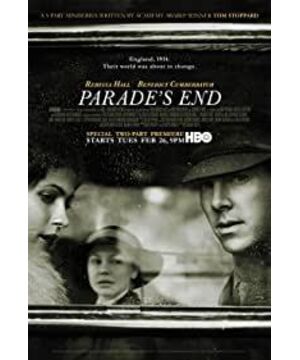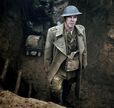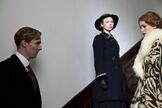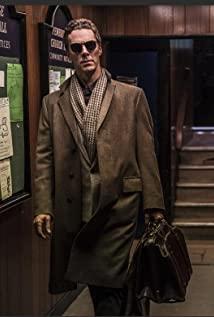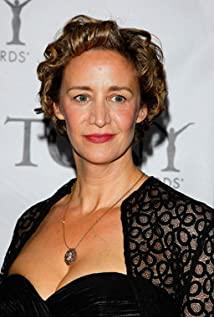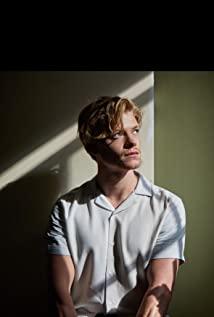Parade's End is not love or World War I literature in any traditional sense. Compared to the classic Brideshead Revisited's nostalgia of the nobility of the past, "Once Upon a World War" is full of more complex emotions. Simply put, what she shows is not a war, but an era; not a conflict between countries, but It is the contradiction between a person and an era of Tiggins. What Tiggins is loyal to is the virtues of the last century, and in the Edwardian era of turbulent and broken etiquette, he is simply a "Don Quixote" mistake. Both he and Valentine. Only their political stances are different, one is called "The Last Tory" (The Last Tory), is a "hopeless" Conservative Party; the other is an extreme feminist, "Notorious" Suffragette.
The BBC's adaptation has weakened some ideological things, but what has not changed is the pursuit of truth, goodness and beauty. Moreover, the script involuntarily gave Sylvia a "Anna Karenina" veil, although she was actually the incarnation of Salome and Scarlett; Rebecca played her very well Beauty, three points into the wood, I still feel pity. But I really hate this character, she's a combination of boredom, vanity, and selfishness, she's just an emotional villain. BC's Tiggins is so cute that he seems to be in love with Rebecca; but once he opens the chatterbox and puts out his ecstasy voice, everything becomes particularly "splendid"; and in the whole play Among them, BC's mouth is also the biggest bright spot, which is a kind of "cowardly" feeling: the incomprehensible helplessness plus the principle of "I will not give up". The little girl who plays Valentine is really young, fresh like the milk just squeezed out in the morning and the delicate little stamens, which can be used as an advertisement for Johnson & Johnson. Especially in the episode where Sylvia appeared, she looked in the mirror with a teapot, the "unconfident", embarrassment of the little girl who encountered the goddess made her so cute.
On the war
"Young people die on the battlefield like slaughterhouse animals, and all noble heroism is wiped out by the roaring artillery fire outside the trenches."
The war scenes in Once Upon a World War are full of more banter and irony. In the fourth episode, the former diplomat, an officer who speaks seven languages, tests a sonnet with Tiggins, which is full of comedy. "Give me two and a half minutes, and I can write a sonnet with the rhyme you gave me"; "If you can write it, I can translate it into 7 languages"... However, when the artillery fires , When the corpse of a Canadian volunteer soldier was placed in front of everyone's eyes, talent, wisdom, and creation disappeared. What really existed, only the cold blood and the stopped young heart.
"Britain is an island, and it always makes it different, alone and secure." Perhaps because of this, World War I brought more loss and reflection to the British than simple pain. No wonder Chamberlain had no lower limit of "appeasement" before World War II. ". In Owen's poem "Strange Meeting" (Strange Meeting), he uses a dreamlike scene to reveal an awakening in war: when a pair of dead British and German soldiers meet in the underworld, they once fought face to face but they Sleep side by side for eternity, not knowing that the world will benefit from what they destroy? Or will it be splattered with blood?
The drama has not been fully finished yet. The comrades of the island country BBC are good at documenting their beauty, and this advantage has been carried forward in this drama. In fact, just relying on the scenery, I will always be in front of the player; what's more, there is such an ecstatic British voice.
View more about Parade's End reviews


